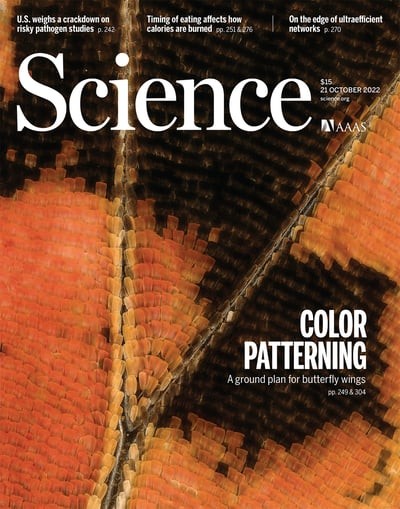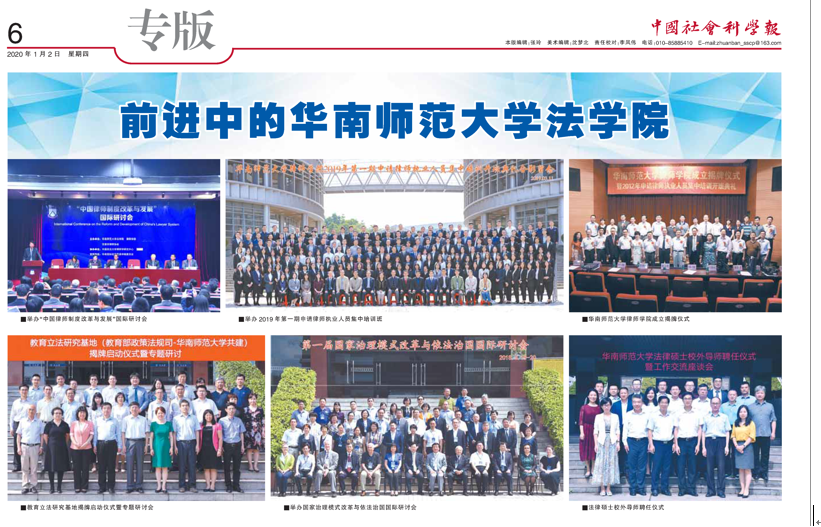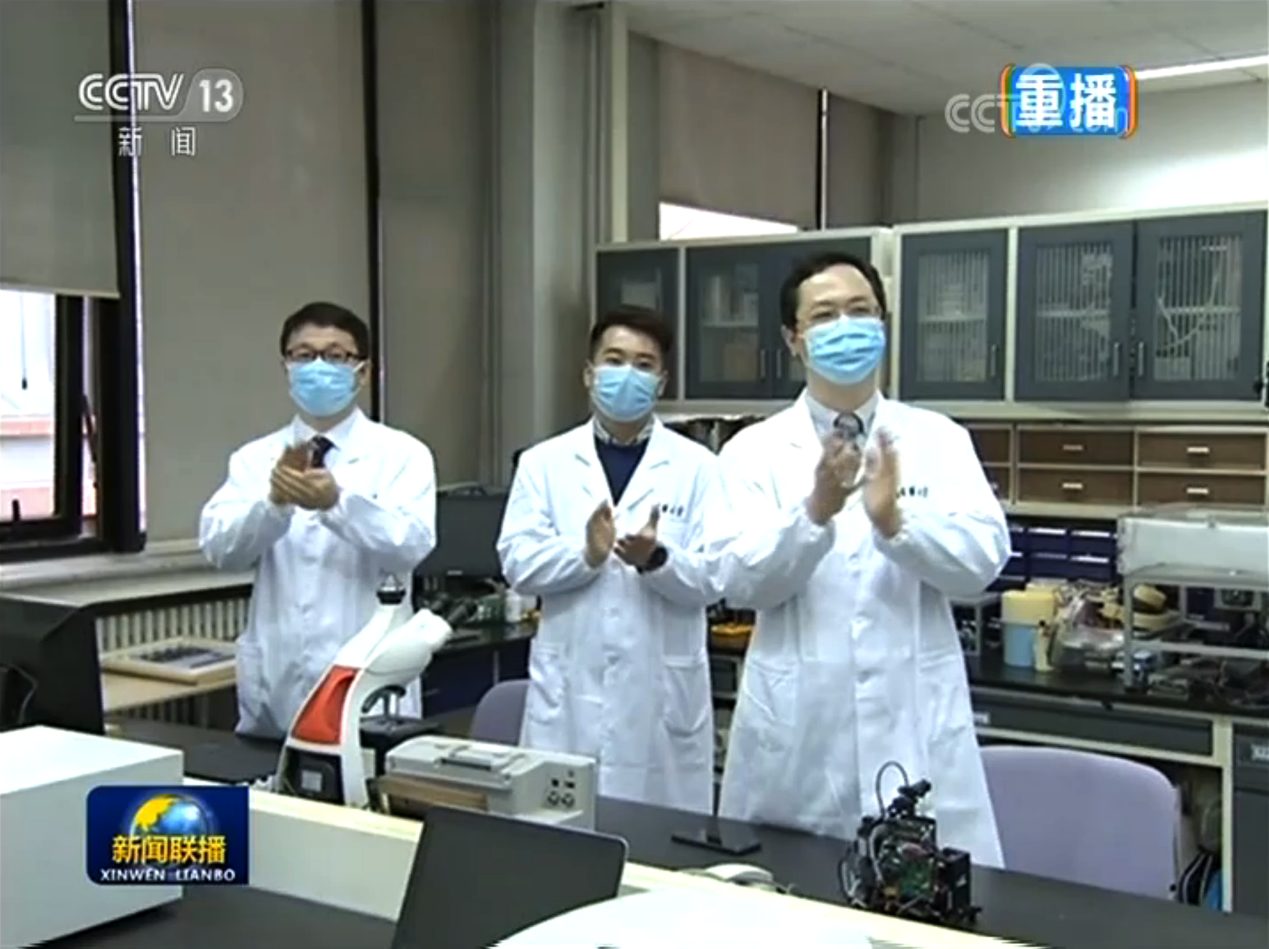
Likes
In their Editorial “Public access is not equal access” (9 September, p. 1361), S. Parikh et al. explain how the open access model can compound inequities by charging article processing fees that early-career scientists and scientists in underfunded disciplines, teams, or regions are unable to afford. They also acknowledge the perverse incentives of a business model based on volume of articles published, which has led to the proliferation of open access journals, many of which are predatory, and risks diluting the scientific literature. However, they do not address another unintended consequence of open access policies: the erosion of trust in scientific publishing standards by institutions.
In Chinese universities, Science Citation Index and Social Science Citations Index publications are directly related to the salaries and titles of researchers, which creates an incentive for researchers to pay high article processing charges for open access journals. Given the risk that open access journals will sacrifice quality in the name of profit, at least one Chinese university has declared that publication in open access journals will not be considered as part of a researcher’s citation record. In the past decade, open access conference proceedings have lost credibility as well. China’s Ministry of Science and Technology has reacted to concerns by limiting how much funding can be allocated to pay article processing charges. Chinese institutions’ lack of confidence in the quality of open access articles will weaken the viability of legitimate open access journals and in turn hinder scientific research.
To balance the tensions between equitable content access for readers and equitable publishing access for authors, article processing fees should adhere to a standard proposed by credible international organizations such as the UN Educational, Scientific, and Cultural Organization, but they should also incorporate flexibility to take into account the author’s country of residence, institution, team, and other financial circumstances. To protect against predatory publishers, a third-party evaluation system such as the Early Warning Journal List from the Chinese Academy of Sciences should judge the quality control of open access publications by tracking article processing fees, volume of published articles, and diversity of authors, and publicize the information for researchers.
Open access policy is not a scourge, but a challenge. Fair author fees and careful monitoring of the open access publication industry will allow better access for readers and affordable access for authors while maintaining the credibility of publications.
Source: https://www.science.org/doi/10.1126/science.ade8966
What to read next:










